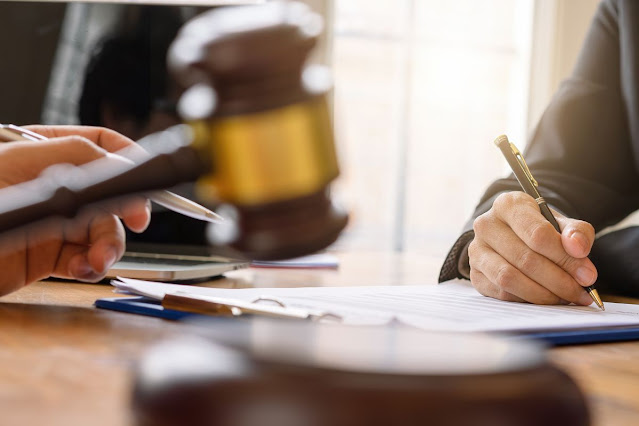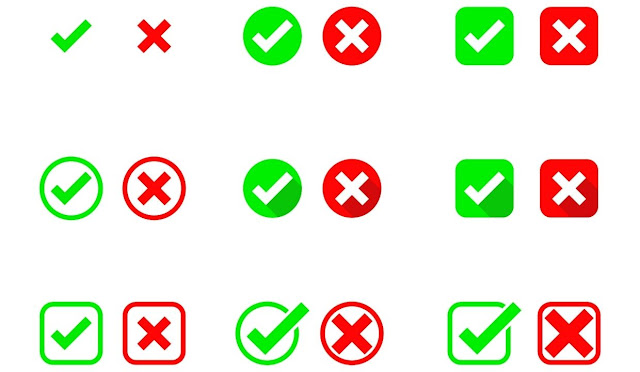Money Laundering Regulations in Vietnam
Crime always be in existence in parallel with the development of the society. It is not possible to totally remove the crime from society but only to prevent such to happen. Together with the development of socio economy and technology, crime has become more complex to recognize. Especially crime of money laundering takes place in a much more sophisticated manner to make it difficult to control and detect. Money laundering not only affects all aspects of economic and political life but also threatens the national security.
According to the provisions of Vietnam law, money laundering is an act of an organization or individual in order to legalize the origin of the property obtained from a crime. In which, property is understood as objects, money, valuable papers and property rights according to the provisions of the Civil Code, which can exist in material or immaterial form; movable or immovable property; tangible or intangible; legal documents or instruments proving ownership or interest in the property.
Not all acts involved are considered money laundering under criminal code. Only the following acts will be considered money laundering:
Participating directly or indirectly in financial, banking or other transactions in order to conceal the illegal origin of money or property due to their crimes, which they have or know or have grounds to know is due to other people. other crimes that have;
Using money and property that they commit crimes that they have or know or have grounds to know are other people’s criminal acts and have them to conduct business or other activities;
Concealing information about the origin, true nature, location, movement or ownership of money or property committed by oneself that has or knows or has grounds to know that it is committed by others. guilty of obtaining or obstructing the verification of such information;
Committing one of the above three acts with respect to money or property known to be obtained from the transfer, transfer or conversion of money or property obtained by other persons committing the offense.
Assisting organizations and individuals involved in crimes to avoid legal responsibility by legalizing the origin of property obtained from crime;
Possession of property if it is known at the time of receipt of the property that such property was obtained from a crime, in order to legalize the origin of the property.
The investigation agencies, and prosecutors have to obtain significant evidence through a legal ways to prove the crime committed by money launder. According to some experts, it is important to prove, prosecute and charge the original crime which “dirty” money was made leading to money being laundered. In practice, this is a challenging task because it takes a great effort to synchronize and cooperate between different jurisdictions of countries involved. Individuals who commit money laundering offenses may be sentenced from 01 to 15 years of imprisonment, depending on the seriousness of the violation. Additional penalties are a fine of between VND 20,000,000 and 100,000,000, a ban from holding certain posts, practicing certain professions or doing certain jobs for 1 to 5 years, or confiscation of part or all of property. The person who prepares to commit this crime can be sentenced to between 6 months and 3 years in prison. In case companies or commercial legal entities commit money laundering, they may be fined from VND 1,000,000,000 to VND 20,000,000 or have their operations suspended for a term of 1 to 3 years or be permanently suspended. Prevention of money laundering is difficult involved a number of government authorities i.e. Anti-money laundering department, State bank of Vietnam…


.jpg)

Nhận xét
Đăng nhận xét